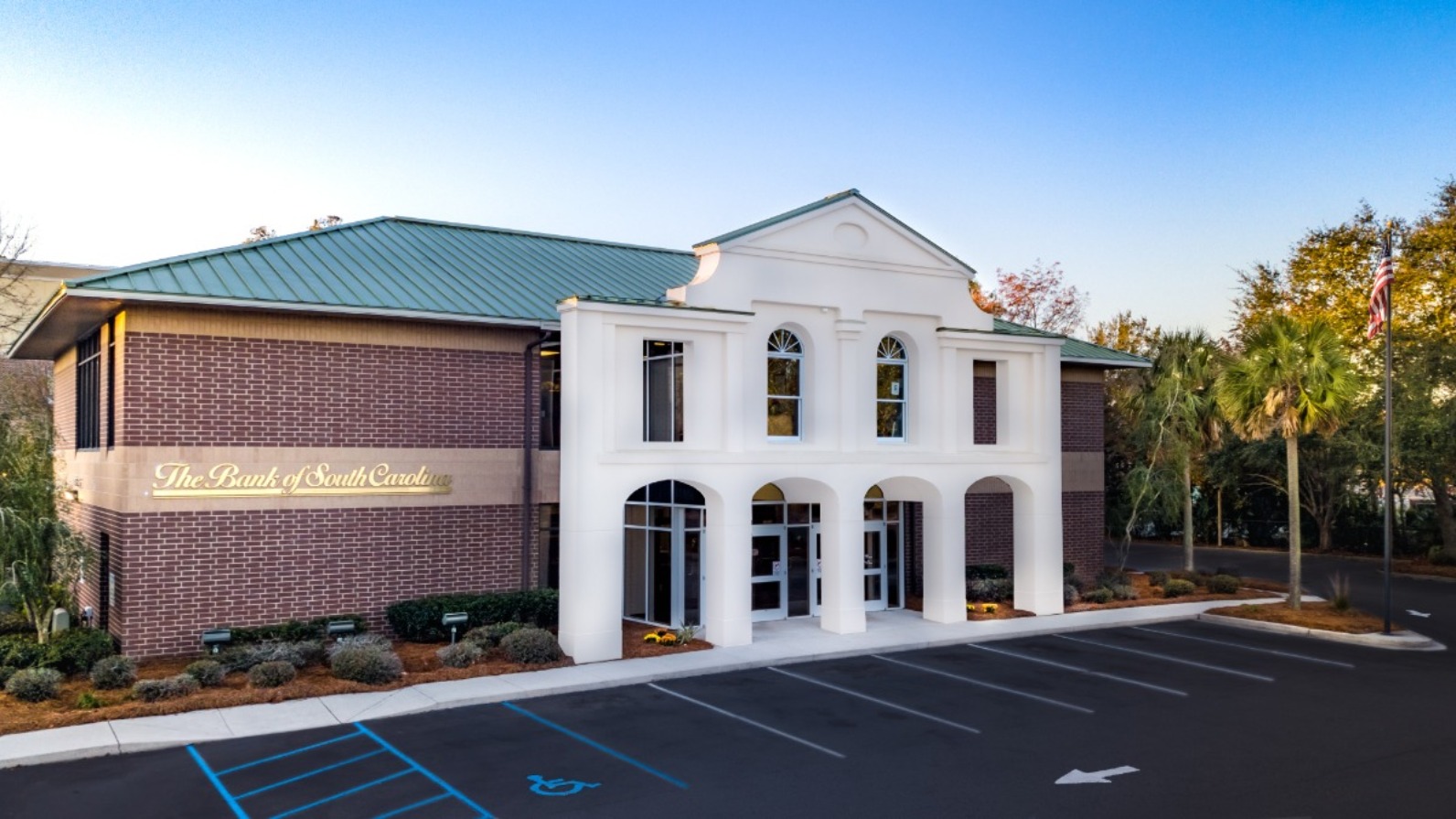
What Banks Aren’t Telling You About Mortgage Rates in Charleston
Charleston Market Report – If you’re considering buying a home in South Carolina, chances are you’ve searched “best mortgage deals” or “lowest interest rates” but what banks aren’t telling you about mortgage rates in Charleston might shock you. Beneath the surface of those promotional APRs and flashy loan calculators, there’s a complex web of shifting policies, hidden costs, and hyper-local trends that can make or break your financial future.
Charleston’s real estate market is one of the most dynamic in the Southeast. With its unique blend of historic charm, coastal beauty, and growing tech economy, the city continues to draw new residents and investors. But while home values steadily climb, mortgage terms in the area are quietly evolving in ways that most homebuyers and even seasoned investors overlook.
You’ve seen them: “Rates as low as 5.25%!” flashing across your screen. But when you walk into the bank, the deal changes. One of the biggest issues with mortgage rates in Charleston is the gap between advertised rates and what you’ll actually qualify for.
Banks don’t openly highlight the fact that these rates often assume pristine credit scores, large down payments, and nearly perfect debt-to-income ratios. For most borrowers, this ideal profile simply doesn’t apply. Even a minor dip in your credit score could push your actual rate up significantly.
What’s worse? Some banks quietly tack on additional points or origination fees that effectively raise the rate even further, but they bury this information in the loan estimate paperwork. If you don’t read closely or don’t know what to look for you could end up paying thousands more than you expected over the life of the loan.
Read More: This AI Is Managing Portfolios Better Than Human Advisors!
Charleston’s housing market isn’t just shaped by national interest rate policy. Local factors like neighborhood demand, insurance risk (particularly flood zones), and even school district boundaries influence what rates are offered in real-time.
In some coastal areas of Charleston County, lenders quietly increase mortgage rates or limit borrowing options due to elevated flood risks. These adjustments don’t show up on public comparison sites, and banks won’t tell you unless you ask directly.
Additionally, homes located in historic zones may come with stricter renovation restrictions, which banks may factor into their risk models again affecting what mortgage rate you’re eligible for.
Here’s a reality banks don’t advertise: different types of lenders behave differently. Traditional big-name banks tend to offer slower approval processes and are often more conservative with their rate structures. Meanwhile, regional credit unions or online lenders might provide better rates or faster closings especially in high-competition neighborhoods like Mount Pleasant or James Island.
In fact, many Charleston buyers save thousands by shopping beyond the big five banks. But unless you dig or talk to a local broker, most of these lower-rate sources remain invisible to the average buyer.
Getting a pre-approval letter might feel like a green light, but what banks aren’t telling you about mortgage rates in Charleston is that a pre-approval doesn’t guarantee your final rate.
Rates can shift daily sometimes hourly and Charleston’s hot market means that between your pre-approval and your offer, everything could change. In fast-moving markets like West Ashley or Daniel Island, this volatility can be the difference between closing or missing out entirely.
Worse still, some banks use pre-approvals as bait: they give you a low estimate to lure you in, then once you’re locked in with them, they present the final rate, which is often higher.
Savvy buyers in Charleston don’t just shop for homes they shop for financing with as much care. They understand that what banks aren’t telling you about mortgage rates in Charleston could cost them dearly unless they do their own due diligence.
With a little research, the right questions, and guidance from professionals who know the local market, you can protect your investment and land a mortgage that works for you not the bank.
This website uses cookies.